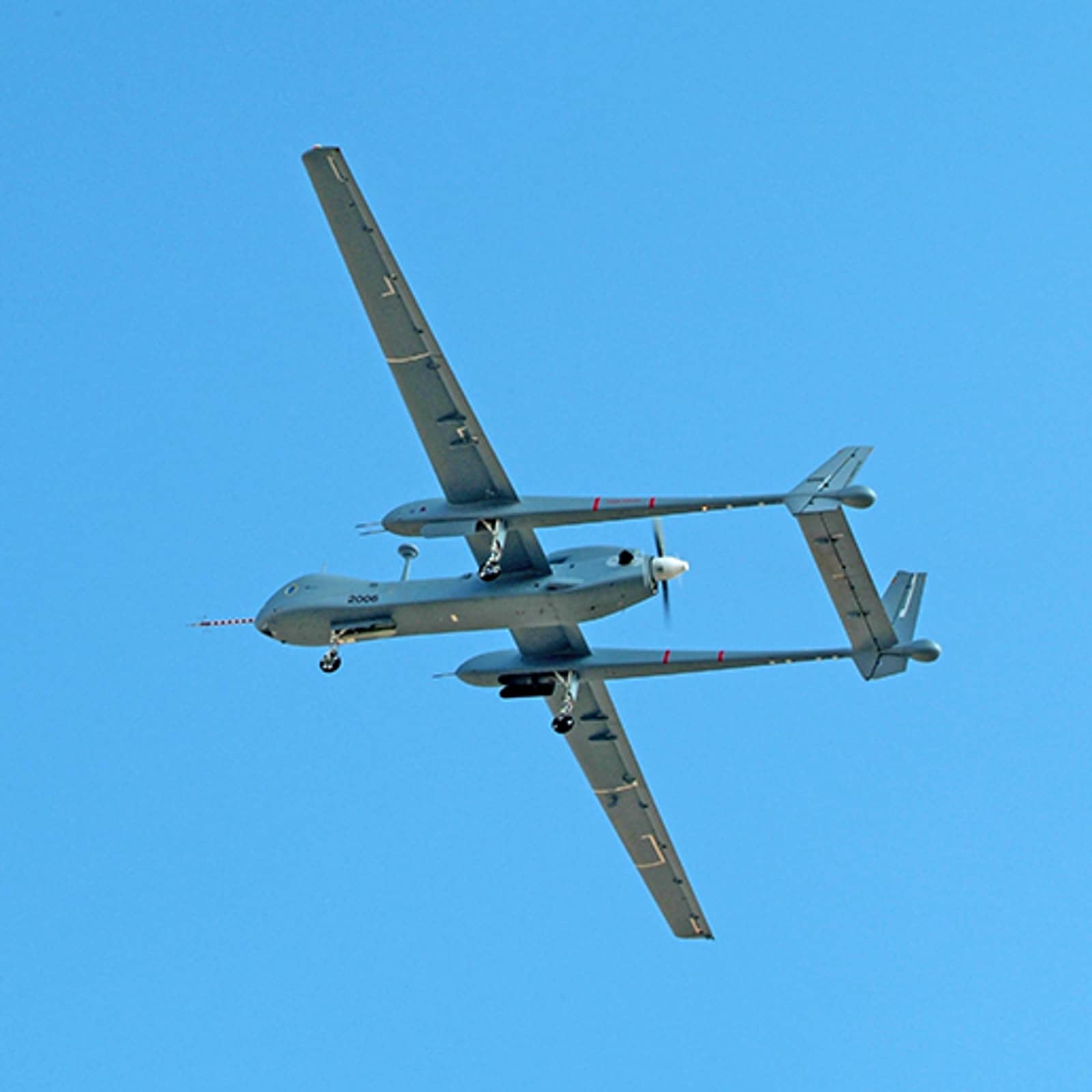- Views: 2K
- Replies: 35

India's ambitious plan to develop its own advanced military drones is facing unexpected hurdles. The Ministry of Defence's (MoD) efforts to boost domestic production through a private-sector partnership model appear to be stalling as some Indian companies show a preference for collaborating with foreign manufacturers.
The MoD's drive to involve the private sector follows setbacks in the state-run Tapas drone program, which suffered from delays and technical limitations. Seeking fresh solutions, the MoD proposed a Special Purpose Vehicle (SPV) model to tap into private sector expertise and speed up the development of High-Altitude Long-Endurance (HALE) Unmanned Aerial Vehicles (UAVs).
However, initial enthusiasm for the program seems to be waning. Industry sources suggest the MoD's proposal hasn't sparked significant interest among Indian private companies. Instead, some companies seem focused on partnerships with international Original Equipment Manufacturers (OEMs).
Possible reasons for this preference remain unclear. The complexity of HALE UAV development may make Indian firms hesitant without established partnerships, seeking the expertise and resources of experienced foreign companies. Tata, for example, seeks to convert a German business jet into a drone platform, while Adani Defence reportedly eyes an Israeli drone design as a base.
This reliance on foreign collaboration casts doubt on the MoD's vision of a truly indigenous HALE UAV program. While partnerships can offer benefits, they raise concerns about long-term dependency on foreign technology and potential limitations on knowledge transfer.
India's efforts to create a robust domestic drone industry hit a snag, highlighting the challenges in fostering self-reliance in advanced military technologies. To make the SPV model a success, the MoD may need to find further incentives for Indian companies to invest in homegrown research and development, even while carefully considering the benefits of select foreign partnerships.
